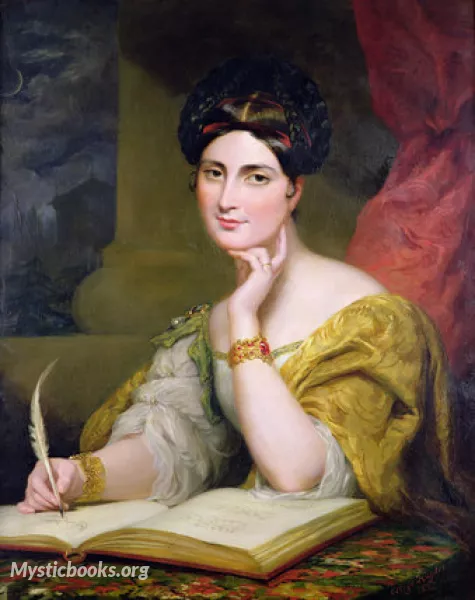
Timeline
Title
Country/Nationality
Caroline Elizabeth Sarah Norton
Amidst the vibrant literary and social landscape of 19th-century England, Caroline Elizabeth Sarah Norton emerged as a beacon of social reform and literary brilliance. Born into a family steeped in literary heritage, she inherited a keen intellect and a passion for storytelling, qualities that would shape her remarkable life.
Early Life and Literary Pursuits
Born on March 22, 1808, in London, England, Caroline Elizabeth Sarah Norton was the granddaughter of renowned playwright Richard Brinsley Sheridan. From a young age, she demonstrated a precocious talent for writing, penned her first poem at the tender age of five. Her literary prowess was further nurtured by her close relationship with her grandfather, who instilled in her a deep appreciation for the power of language.
Marriage and Social Awakening
In 1827, at the age of 19, Caroline married George Norton, a barrister and politician. However, the marriage proved to be tumultuous, marked by financial instability, domestic abuse, and legal battles. It was during this period of personal turmoil that Caroline's social consciousness began to awaken. She became increasingly aware of the plight of women in Victorian society, particularly those trapped in abusive marriages.
A Champion of Women's Rights
Caroline's personal experiences fueled her determination to fight for women's rights. She became a vocal advocate for changes in property laws, custody rights, and divorce legislation. Her writings, both fictional and non-fictional, explored the challenges faced by women and challenged the prevailing social norms that disadvantaged them.
Literary Accomplishments
Despite the personal and societal challenges she faced, Caroline continued to pursue her literary aspirations. She published numerous novels, poems, and essays, earning recognition for her sharp wit, social commentary, and captivating storytelling. Among her most notable works are "The Sorrows of Rosalie" (1829), "The Dream, and Other Poems" (1841), and "English Laws for Women in the Nineteenth Century" (1854).
Notable Works and Literary Legacy
Caroline's literary output was not merely a means of self-expression; it served as a powerful tool for social reform. Her works challenged the status quo, exposed the injustices faced by women, and advocated for change. Her legacy as a literary figure is intertwined with her unwavering commitment to social justice.
Social Reform and Advocacy
Caroline's unwavering commitment to social reform extended beyond her writings. She actively engaged in political and social circles, using her influence to champion women's rights. She played a pivotal role in the passage of several landmark reforms, including the Custody of Infants Act 1839, the Matrimonial Causes Act 1857, and the Married Women's Property Act 1870.
Philosophy and Beliefs
Caroline's philosophy was deeply rooted in the belief in individual liberty and equality. She championed the notion that women should be treated as equals, both within the domestic sphere and in society at large. Her advocacy for women's rights extended beyond legal protections; she also advocated for women's education, economic independence, and social participation.
Legacy and Remembrance
Caroline Norton's life was a testament to the power of the individual to effect change. She faced numerous personal and societal obstacles, yet she never wavered in her commitment to social justice. Her legacy as a social reformer and literary figure is firmly established, and her contributions continue to resonate today.
Conclusion
Caroline Elizabeth Sarah Norton was a remarkable woman who left an indelible mark on British society. Her unwavering commitment to social justice, her literary prowess, and her courage in the face of adversity make her an inspiration to generations. Her legacy reminds us of the power of the human spirit to challenge injustice and bring about positive change.
Books by Caroline Elizabeth Sarah Norton

The Undying One and Other Poems
In "The Undying One and Other Poems" by Caroline Elizabeth Sarah Norton, the timeless echoes of passion and resilience reverberate through the pages, captivating readers with the eloquence of Norton's poetic prowess. Embark on a journey through the l...

I Do Not Love Thee
LibriVox volunteers bring you twenty different readings of Caroline Elizabeth Sarah Norton’s I Do Not Love Thee, a weekly poetry project. (Summary by Annie Coleman)

We Have Been Friends Together
We Have Been Friends Together is a collection of poems by Caroline Norton. The poems explore the themes of friendship, love, loss, memory, nature, and time. Norton's poems are known for their beauty and elegance, and they have been praised by critics...